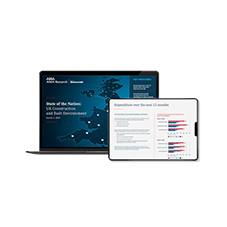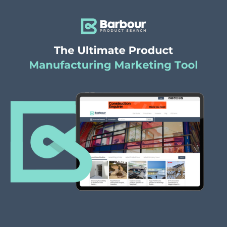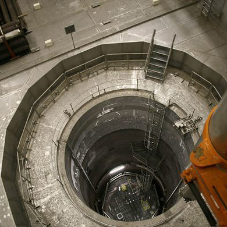As we enter the last quarter of 2020 many managers will be thinking about their budget for next year. Covid-19 and Brexit, challenges in themselves, are also contributing to market uncertainty. But there are other challenges as well. Chris Ashworth suggests three issues for your consideration.
Integrated sales and marketing
A strange phenomenon some building product manufacturers have encountered this year is that although their sales team were on furlough, sales remained stable or even increased. This is of course partly due to the surge in demand following lock-down, with builders merchants and distributors concerned about potential shortages and placing regular orders. And although they may not have received sales visits, most have been regularly phoned by back-office teams trying to match demand to supply. However, it does beg the question what purpose does the sales visit to a stockist have?
It is often the case that if you cut your sales team, sales remain strong for a while – but then they start to decline as the established relationships wear out. Now that we have got into the habit of the online meeting I’m sure these will continue, contributing to efficiency. But there is still a need for the face to face meeting. Visiting a merchant’s premises provides an opportunity to informally review what products they have in stock and the promotions they are running with other manufacturers. It is also a more effective way of building a new relationship – people buy from people.
When it comes to selling to architects and engineers, sales visits have also reduced as some specifiers were on furlough and others working from home and hence inaccessible. Research suggest there has been a transition by the specifier to greater use of digital product platforms, with designers and contractors making more use of BIM and cloud computing.
The sales role will change as a result of the lock-down experience. And this presents an opportunity which some product manufacturers are already taking. The early lead identification and nurturing can be the province of Marketing; analysing the data available in Barbour ABI, using good quality content to generate enquiries and then providing the array of information needed to help specifiers make decisions.
When it comes to technical support a lot of this can be done on-line with chat facilities, or perhaps delivering a CPD seminar via video conferencing software. Sales peoples’ time can be re-purposed with the support of training in the new digital engagement skills. These new roles will be more efficient, with the face-to-face meetings less frequent and perhaps reserved for important or complex projects. Perhaps to help make a final decision, conduct a business review or to fully understand an important customer’s challenges.
Changing supply chain
Lock-down also moved a lot of purchasing on-line. Inevitably some will return to the traditional approach, but we can expect a permanent change for many. Product manufacturers who were considering eCommerce in 2019 are now more committed to it. Perhaps this will reduce the role of the stockists, with more direct trade taking place not just with small builders but contractors as well. So, find out how your competitors and customers might be viewing this and the opportunities and implications for your business.
There is a concern that as the number of new projects reduce, there might be a race to the bottom as contractors cut prices to win work. This inevitably passes on the cost pressures to the manufacturer. So, think about how you can change your processes to take out costs for your customers and provide savings without reducing price. The ideal opportunity to adopt a key account management approach.
New legislation and codes of practice
2021 and 2022 will see the publication of a series of competency frameworks and standards following the Hackett Review. Most recently Setting the Bar has been published, which details out how the industry will have to change, including engineers, contractors and manufacturers. While this is primarily driven by fire safety it will impact on all building product manufacturers as new requirements are introduced. It’s important to be aware of the changes and prepare to implement them in your business. For sales and marketing, most significant will be the recommendations of Working Group 12: Construction Products Competence.
The New Now
While I hope 2021 will be different, and better, than 2020. I do not think it will be like 2019 either. There will be new challenges but depending on how you and your competitors react these can become opportunities.
Further Information
Chris Ashworth is founder of Competitive Advantage Consultancy which specialises in helping building product manufacturers to be more effective at getting their products selected. Services include bespoke market research, learning and development programmes a range of sales and marketing tools and consultancy to help implement change.
Sign up to the Competitive Advantage newsletter for an overview of construction market activity as well as construction sales and marketing advice.
Related Blog Articles



crop192.png)












